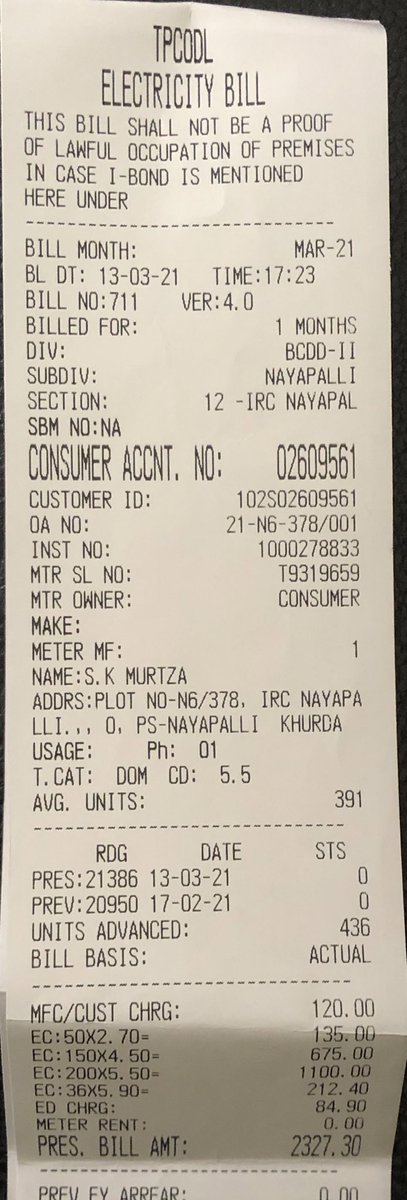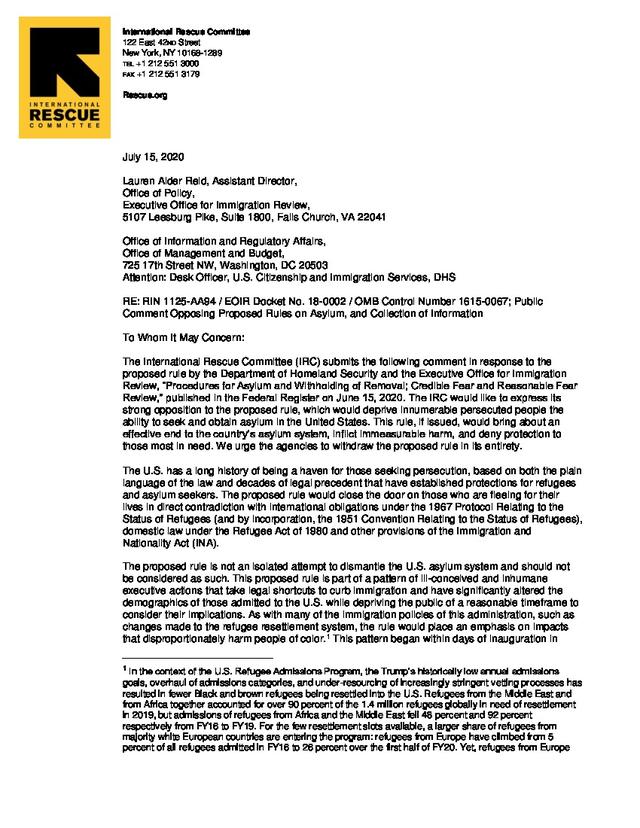

In order to reestablish his relations with customers whom he had known when acting for the Welch Company and to solidify his credit and standing, he decided to pay the debts of the Welch business so far as he was able. Thereafter the petitioner made a contract with the Kellogg Company to purchase grain for it on a commission. The company was adjudged an involuntary bankrupt, and had a discharge from its debts. Welch Company, a Minnesota corporation, engaged in the grain business. In 1922, petitioner was the secretary of the E.L. The question to be determined is whether payments by a taxpayer, who is in business as a commission agent, are allowable deductions in the computation of his income if made to the creditors of a bankrupt corporation in an endeavor to strengthen his own standing and credit. JUSTICE CARDOZO delivered the opinion of the Court. We then consider some of the basic principles and recurring issues in each of these groups. In the materials ahead, we very roughly consider first the placement of particular expenditures into one group or another – whether expense or capital. The Commissioner of course wants the opposite result. For this reason, taxpayer usually wants to classify purchases of inputs that enable him/her/it to generate income in a manner that permits the greatest immediate deduction. We sometimes also call this tax treatment of the purchase and use of such an asset “capitalization.”īoth the Commissioner and taxpayers are aware of the time value of money. Some of these assets may not even be capable of sale, e.g., a legal education or other investments in human capital. Taxpayer will have a basis in such an asset, but could only recover it for income purposes upon sale of the asset. There should logically be no deduction – immediately or in the future – for such expenditures. Yet another possibility is that taxpayer may purchase an input that enables him/her/it to produce income but never in fact consumes that input, e.g., land. Taxpayer may not build up deductions by purchasing inventory in advance of the time he/she/it actually makes sales.
#Irc 212 code
The Code also implements such a matching principle when taxpayer derives gross income by selling from inventory.We sometimes call this tax treatment of the purchase and use of a productive asset “capitalization.”

Since such consumption represents a deinvestment, taxpayer must adjust his/her/its basis in the productive asset downward.

The Code permits a deduction for such partial consumption under the headings of depreciation, amortization, or more recently, cost recovery. The Code implements in several places a scheme that (theoretically) matches such consumption with the income that the expenditure actually generates. Taxpayer (might) then consume only a part of the item that he/she/it purchased in order to generate income, i.e., to “de-invest” it. A mere change in the form in which taxpayer holds wealth is not a taxable event we implement this principle by crediting taxpayer with basis equal to the money removed from his/her/its store of property rights in order to make the investment (i.e., purchase). Taxpayer has made an “investment” rather than an expenditure on an item that he/she/it immediately consumes. For example, taxpayer might purchase a machine that will enable him/her/it to generate income for the next ten years. We sometimes call this treatment “expensing.”Īlternatively, taxpayer may purchase an input that enables him/her/it to earn income for more than the current tax year. We would expect that such expenditures would be immediately deductible in full. Taxpayer may purchase an input that enables him/her/it to earn income and immediately consume that item in the production of taxable income. Whether an existing business is seeking merely to expand or to enter a new trade or business “depends on the facts and circumstances of each case.” 84 On the other hand, an existing business that incurs the same expenses in order to expand its business may deduct them. Hence, the costs of searching for a business to purchase, pre-opening organization costs, etc. Section 162 allows a deduction only for expenses of “carrying on” a trade or business.


 0 kommentar(er)
0 kommentar(er)
